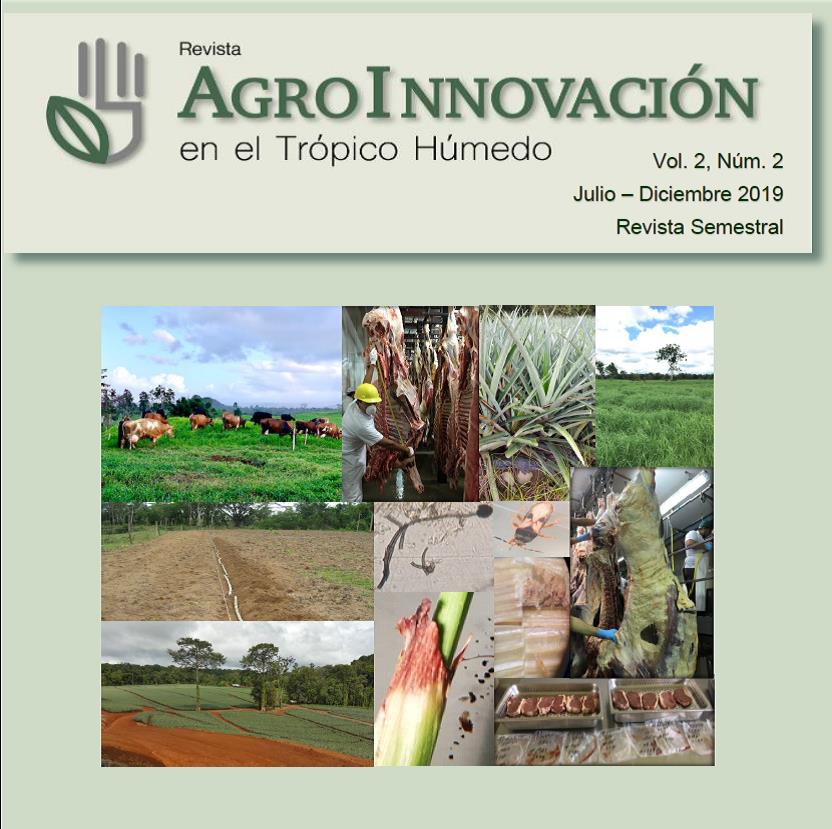Phytosanitary problems associated with pastures in the Región Huetar Norte, Costa Rica
Main Article Content
Abstract
The Región Huetar Norte of Costa Rica is an area of strong livestock production for the country, which depends on grass pastures to feed cattle. This work intends to diagnose three phytosanitary problems in pastures located on farms of this zone. The entire study was conducted between February and May 2019. Samples were taken randomly in pastures of the species Panicum maximum cv. mombaza, Brachiaria arrecta and Pennisetum purpureum x Pennisetum glaucum (Cuba OM-22), transported in a plastic bag with wet towels and analyzed in the phytopathology and biocontrollers laboratories of the Technological Institute of Costa Rica (ITCR) Agronomy School. Symptoms recognition in situ and biological disease agents were made and identified via macroscopic and microscopic diagnosis, the phytosanitary problems results showed Nigrospora sp. and Basidiomycota fungus disease agents in P. maximum cv mombaza pastures, Bipolaris sp. and Curvularia sp in P. purpureum x P. glaucum pastures and Blissus sp. chinch bug in B. arrecta pastures. The conclusion made from this work is that the development of the phytosanitary disease agents is associated with specific abiotic factors, where the incidence of named agents is related to warm tropical conditions and specific times.
Article Details
Una vez que un manuscrito haya sido enviado a la Revista AgroInnovación en el Trópico Húmedo para su publicación, el autor o los autores ceden a la revista los derechos patrimoniales de dicho manuscrito.
El autor o los autores de manuscritos aprobados para su publicación autorizan a la Revista AgroInnovación en el Trópico Húmedo a editarlo, reproducirlo, distribuirlo, y publicarlo en formato físico y/o electrónico, incluido Internet.
La titularidad de los derechos morales sobre los trabajos objeto de esta cesión seguirá perteneciendo a los autores.

